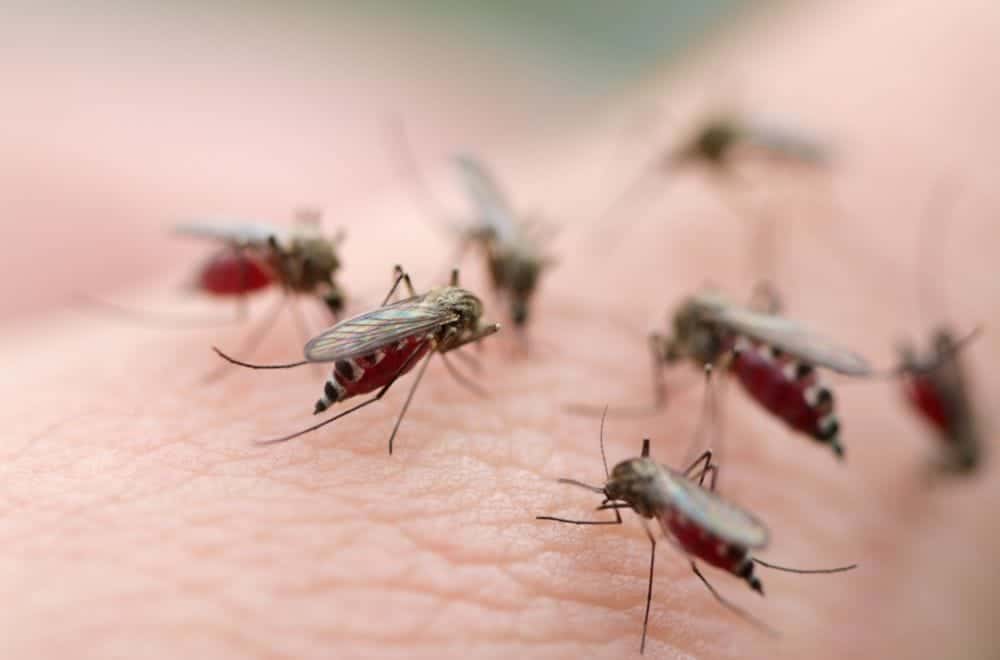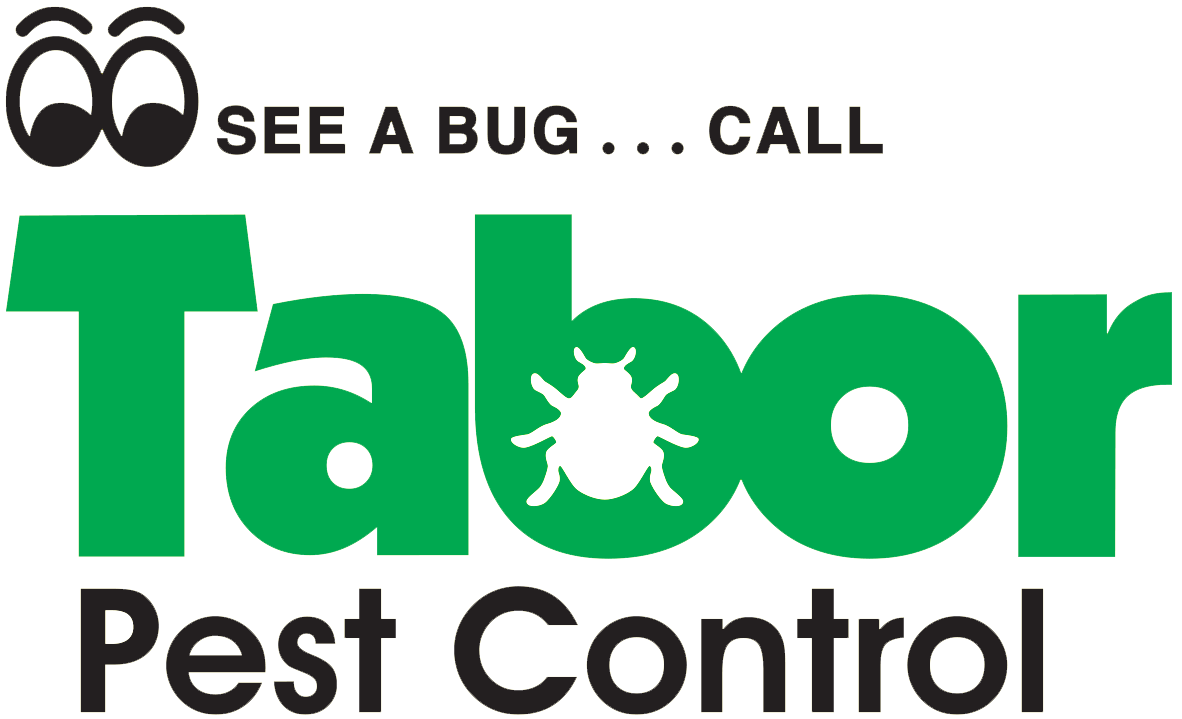Mosquito Menace: Protect Your Home and Health From Mosquitos Today

Mosquitoes are small blood-sucking pests that may not appear as repulsive as other infestations, but their potential dangers can be life-threatening. In Georgia and Alabama, the warm and humid climates make mosquitoes a common pest throughout the year.
Addressing mosquito infestations is crucial due to their ability to spread viruses such as West Nile, dengue, and Zika, as well as parasites like malaria.
Mosquitoes can thrive even in the presence of small amounts of water around your home, making effective treatments necessary to alleviate irritation from bites and prevent the transmission of harmful diseases.
What are the benefits of getting mosquito treatment?
The warm climates of Georgia and Alabama provide an ideal breeding environment for mosquitoes, with peak breeding seasons typically occurring from March to October.
Even a small puddle of water near your home can be enough for mosquitoes to lay eggs and multiply.
While mosquito bites can be irritating, the health risks they pose are far more concerning.
Eliminating mosquitoes is essential for the following reasons:
1. Health Benefits
Uncontrolled mosquito populations can quickly grow and infiltrate your home, hiding in corners and hard-to-reach places. Mosquitoes can be difficult to eliminate due to their small size and ability to fly.

At Tabor Pest Control, we know when mosquito season begins and how to effectively control their populations, including necessary preventive measures.
Improved health benefits from mosquito treatment include:
- Reduced risk of diseases
- Enhanced quality of life
2. Environmental Benefits
Though mosquitoes can be dangerous and irritating, not all species are harmful to humans or the environment.
Of the over 3,500 mosquito species, most play crucial roles in pollination, consuming microorganisms, and serving as a food source for predators.

Targeting specific disease-carrying species while preserving ecological balance is best achieved with professional assistance.
3. Economic Benefits
Various cost-effective methods can prevent mosquito breeding indoors and outdoors.
Some of these include:
- Installing door and window screens
- Repairing gaps in windows and doors
- Closing garage doors and other openings in the evening
- Using air conditioning to reduce indoor humidity
- Covering or emptying pools
- Removing standing water and puddles
- Changing water in vases and cleaning water-filled containers
- Filling tree holes to prevent water accumulation
- Covering septic tanks and sealing cracks
Professional mosquito treatments can address large water bodies, such as lakes, and our team at Tabor Pest Control can effectively apply larvicides and outdoor adulticides to eliminate these pests.
FAQs
What are three common methods to control mosquitoes?
Eliminating breeding grounds, applying larvicides, and spraying insecticides on large water bodies are all effective ways to control mosquito populations.
Are mosquitoes a big problem in Georgia?
Due to the warm weather in Georgia, the mosquitos have several months to multiply and grow in number from March to October, which are the summer months.
Does Alabama have a bad mosquito situation?
Alabama is among the top ten states with mosquito issues, hosting nearly 60 species. It’s safe to say that they are quite common in Alabama, and something you’d want to control around your home.
How long does a mosquito treatment last?
A mosquito treatment lasts about 30 days, after which the treatment becomes less effective. It’s important to get treatments done every month during the breeding season to ensure they don’t get a chance to grow in numbers.




